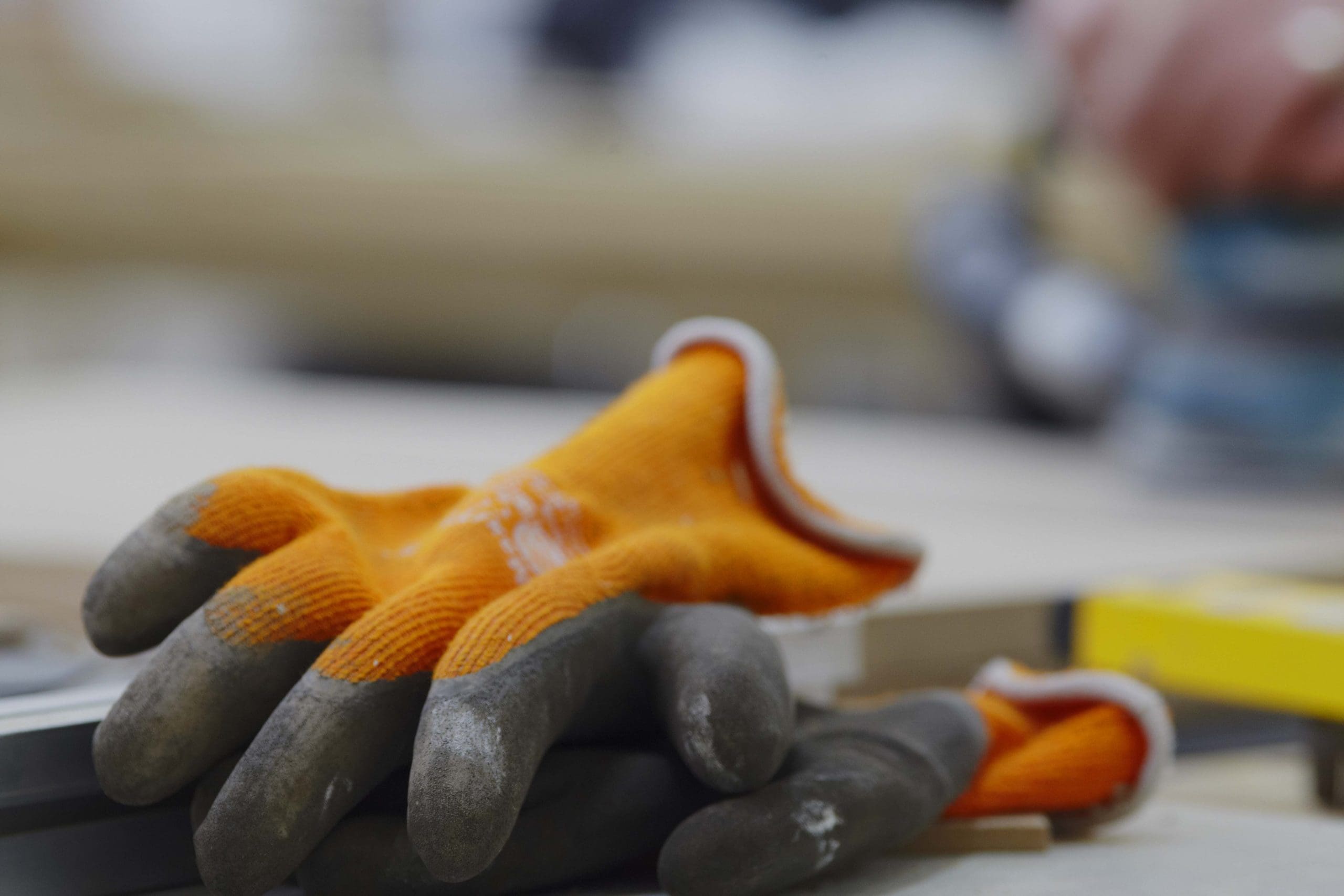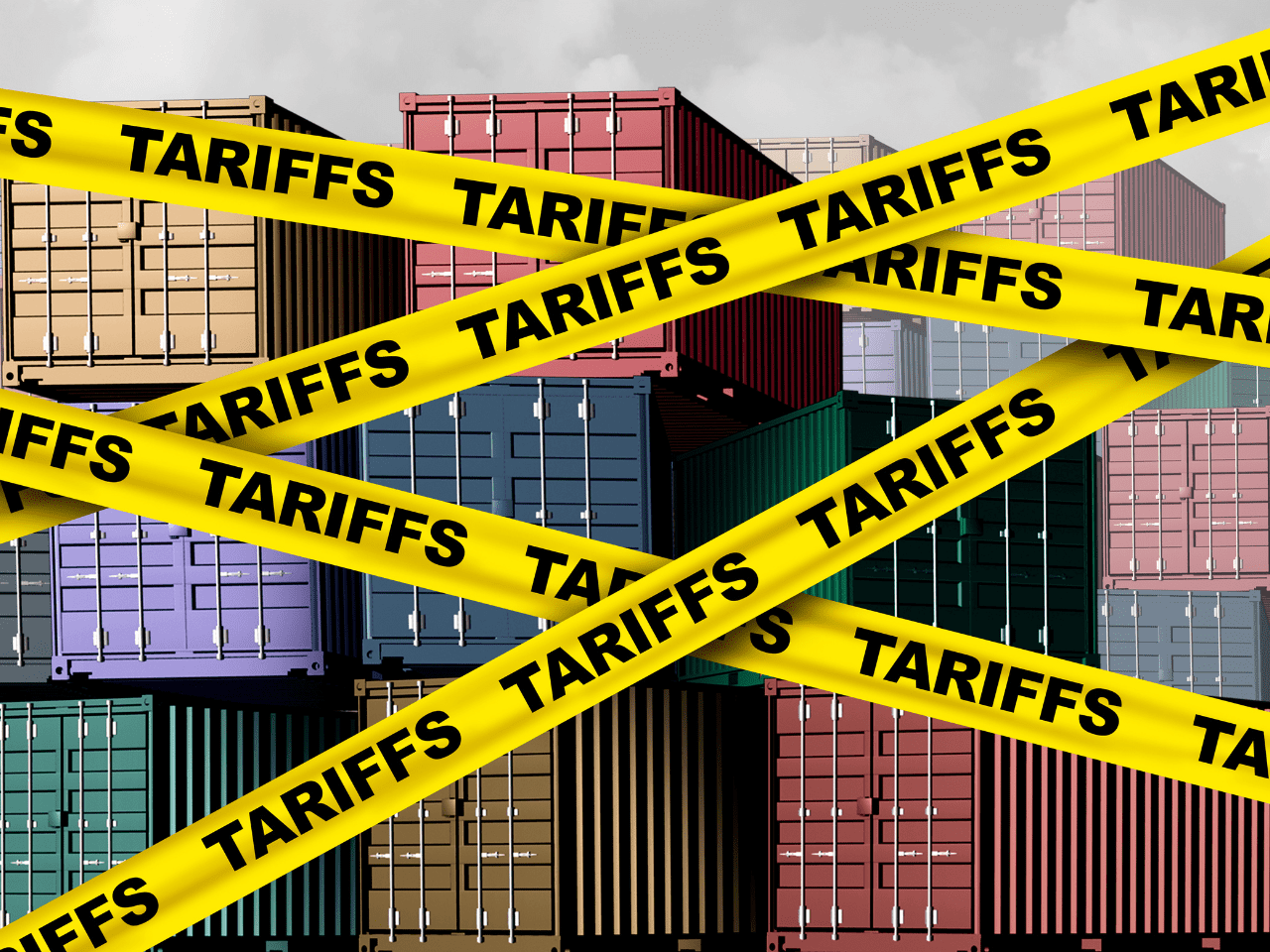There are few industries that have escaped the effects of the coronavirus pandemic and whose levels of production have not been scaled right back if not brought to a complete standstill. Two months after the state of emergency was declared in Spain (14 March 2020), employees and contractors in the automotive and construction industries are returning to work. However, their normal work routine has been affected by new health and safety prevention measures that have to be implemented to protect employees.
Effects of the lockdown on different sectors
According to analysis conducted by the DoubleTrade consultancy firm, under an agreement with CGATE (Spanish General Council of Technical Architecture), the construction sector, despite returning to work two weeks earlier than other industries, still suffered the effects of the pandemic in March and April 2020. Since the state of emergency was declared, there has been an appreciable downturn in public works both in terms of the number of tenders and budget. In March, 2,453 worksites were open, falling to 2,316 in April. However, the number of projects remained stable at 1,064 in both months. However, according to our latest customer research in the construction sector, 23% of companies surveyed stated that they had postponed non-essential projects to mitigate COVID-19 risks.
Activity in the transport sector did not come to a halt, yet passenger numbers fell by up to 70% with a view to limiting travel as much as possible and preventing the spread of COVID-19. The air transport sector suffered the most from the effects of the pandemic, with a flight reduction of up to 90% and an estimated loss of €14.3 billion for Spanish airlines. Furthermore, the IATA (International Air Transport Association) estimates that 901,300 jobs in aviation are under threat.
The automotive sector is also suffering the effects of the pandemic, as April 2020 saw the lowest number of new vehicle registrations over the last 20 years, according to Anfac data (Spanish Association of Automobile and Truck Manufacturers). After a month and a half of lockdown, dealers are starting to reopen their doors, however, it is estimated that sales will not start to pick up until after the summer, and still with figures below those reported in 2019.
New health and safety measures
For the purposes of getting back to work while ensuring the health and safety of workers and contractors, companies have introduced various safety measures in line with government recommendations. The measures adopted involve maintaining a distance of two metres between workers, washing hands more often, wearing masks and taking people’s temperature when they enter the premises. According to a survey conducted by CGATE (Spanish General Council of Technical Architecture), 80% of construction sites have made modifications to their health and safety plans.
Some companies have opted for additional measures, for example, Seat tested circa. 3,000 members of staff for COVID-19 as the first to start work after opening up again. Volkswagen has shortened its car production shifts to limit contact and has left a one-hour gap between shifts to allow staff to leave and enter the premises safely.
The new measures implemented for the purposes of ensuring health and safety involve excessive controls, for which companies are not prepared. According to our data, more than 25% of the companies surveyed state that they do not have firm plans to deal with the situation. It is important to acknowledge that, as well as the internal workforce, contractors who access facilities will have to adopt the same policies, and their compliance may pose an even greater challenge for companies. Taking these risks into account, contractors should collaborate with other companies and conduct risk assessments specific to COVID-19 in order to effectively implement these essential preventive measures.
Contractor compliance with preventive measures
Experts from around the world are in agreement that this virus will not disappear until a vaccine is found, and it is likely that there will be a resurgence in the autumn. For this reason, the health and safety measures established to control the pandemic may remain in place when we enter our “new normality”.
Coordinating business activities to comply with these new health and safety measures could prove to be a sizeable challenge. At Achilles, our contractor oversight solution, OnSite, can help you advise, share and request the information and documentation that your contractors and their workers will need, allowing you to protect and guarantee health and safety in your workplace.
Guaranteeing compliance with these measures may be the key to successfully completing your projects on time and above all, with no casualties as a result of coronavirus.


